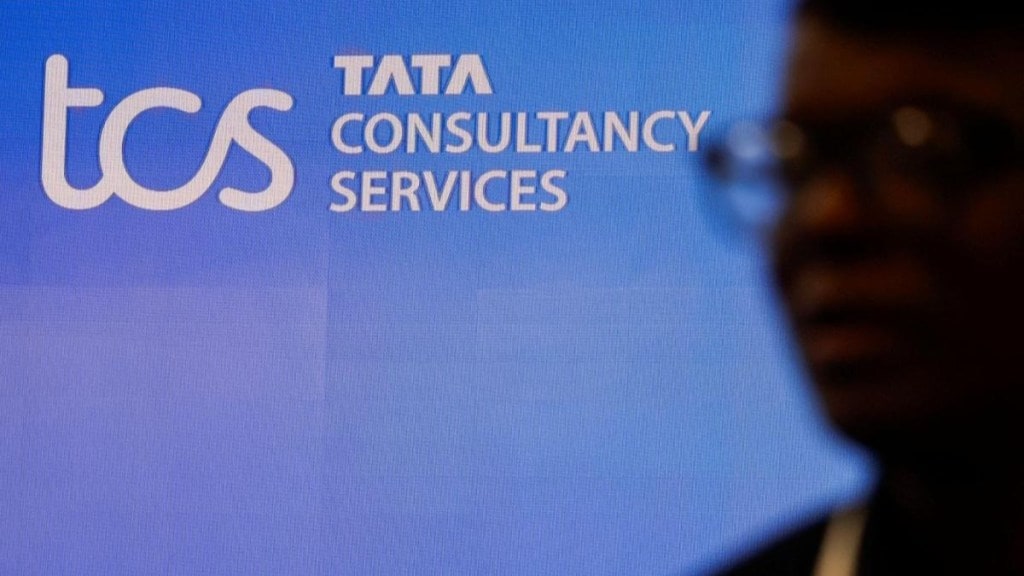In FY24, the domestic IT sector led by behemoths such as Infosys, Tata Consultancy Services (TCS), and Wipro, encountered a confluence of challenges and strategic pivots. Notably, the sector faced a collective headcount reduction, a downturn in the US revenue, a fluctuating performance in the BFSI sector and a paradox of rising deal wins not translating into equivalent revenue growth.
This complex scenario unfolded alongside proactive strides into artificial intelligence (AI) and generative AI (GenAI), areas that both promise future gains but are currently shadowed by a cautious market outlook.
Headcount falls first time in decades
Throughout FY24, Infosys, TCS, and Wipro collectively saw workforce reduction of 63,759 employees, marking a significant pivot from the hiring frenzy that characterized the post-pandemic period. This significant decrease was part of a strategic shift towards greater operational efficiency, reflecting the industry’s adaptation to the changing global demands, and ongoing economic uncertainties.
“The immediate headcount reduction has happened primarily driven by market and demand environment as well as operational efficiency… long term as we move to IP-based platforms, AI, there could be a divergence coming more and more in terms of headcount growth,” Saurabh Govil, CHRO of Wirp said. “But if you look at our entire portfolio, there’s a large number of work we do that is manpower intensified, so it will be a combination of both, going forward,” he added.
Jayesh Sanghrajka, the chief financial officer of Infosys, underscored the strategic nature of these adjustments, stating, “When we started the year we were at 77% utilization… we had to realign some of those as growth changed and now we are at 82% utilisation, our attrition has also come down significantly so that is why you see the net headcount reduction”.
Despite this contraction, the companies laid out varied strategies for future hiring, attuned to the evolving market conditions. Infosys plans to blend campus with off-campus hiring as it adapts to the shifting demand dynamics. TCS on the other hand is showing a more assertive stance, as it intends to hire 40,000 new freshers.
Demand from the US
The demand from the US, a critical market for these IT giants, showed considerable weakening in FY24 as clients held back their discretionary spendings and the macroeconomic uncertainties caused delays in deal conversion, thus impacting the IT companies revenue streams significantly.
TCS experienced a decrease in market share in North America, moving from 53.4% in FY23 to 51.1% in FY24. Infosys, too, saw a decline in North America, with the revenue share reducing from 61.0% to 59.6%, while Wipro showed stability and slight growth in the Americas, with Americas 1 growing from 28.5% to 30.0% in revenue share but Americas 2 fell from 30.8% to 30.1%.
Further, the banking failures of Silicon Valley Bank and Signature Bank witnessed in the US in early 2023 and the US Federal Reserve’s higher-for-longer rate hike moto hampered deals from the BFSI sector. Indian IT companies get at least 25% of their total revenue share from the sector.
In the BFSI sector, all three companies experienced volatility. Wipro reported nearly a 9% drop in revenue from this segment in FY24, while TCS saw a 1% decline in BFSI revenues in constant currency terms.
Deal wins
While these IT companies said they bagged a record number of deals, there remains a paradox of increased deal wins against the actual revenue outcomes. Infosys said it achieved a record high in deal value, securing contracts worth $17.6 billion throughout the year, with a notable $4.5 billion in the last quarter alone, but still slashed its revenue growth expectation for FY25 between a mere 1-3% from a previous 4-7%. And this is after the company revised its revenue forecasts downward multiple times throughout FY24.
In response, many brokerage firms such as Nomura and ICICI Securities have reduced their target prices for Infosys stock, signaling concerns about the sector’s short-term growth prospects. “The net new component (of Infosys was) at 44%, down sharply from 71% in Q3, skewed more towards renewals,” ICICI Securities said.
TCS and Wipro also boasted robust deal pipelines; however, these successes did not translate into proportional revenue gains, primarily due to weak discretionary spending across their client bases, they said. The guarded outlook for FY25 reflects ongoing uncertainties, with Infosys and TCS particularly emphasizing the unpredictable market conditions.
“I don’t want to hazard a guess and say that growth would be returning in Q1 or Q2, it will be calling in too soon,” TCS, CEO, K Krithivasan said.
However, TCS anticipates potential growth rebounds in the US and banking sectors, although the exact magnitude and pace of recovery remain uncertain. “The US and banking should start to grow soon, according to management, but the quantum and pace of the pickup wasn’t clear,” noted HSBC Global Research in a report.
Gen AI Frenzy
Despite these challenges, there is a beacon of strategic optimism in the companies’ focus on AI and GenAI, where they are also continuously looking for a strategic realignment towards more efficient operational models using these new technologies.
TCS said it has doubled down on its commitment to these technologies, significantly enhancing its deal pipeline in these areas to $900 million. Krithivasan emphasized the strategic importance of these initiatives, stating, “Our investment in AI and GenAI is not just about staying current. It’s about setting the pace, leveraging these technologies to transform client businesses and our own operational models”. Wipro also said it was seeing strong traction in the generative artificial intelligence space, without disclosing its revenue numbers. “Artificial intelligence is transforming our clients’ needs as they seek to harness its power for competitive advantage and enhanced business value,” Srinivas Pallia, the newly appointed CEO and managing director said.
